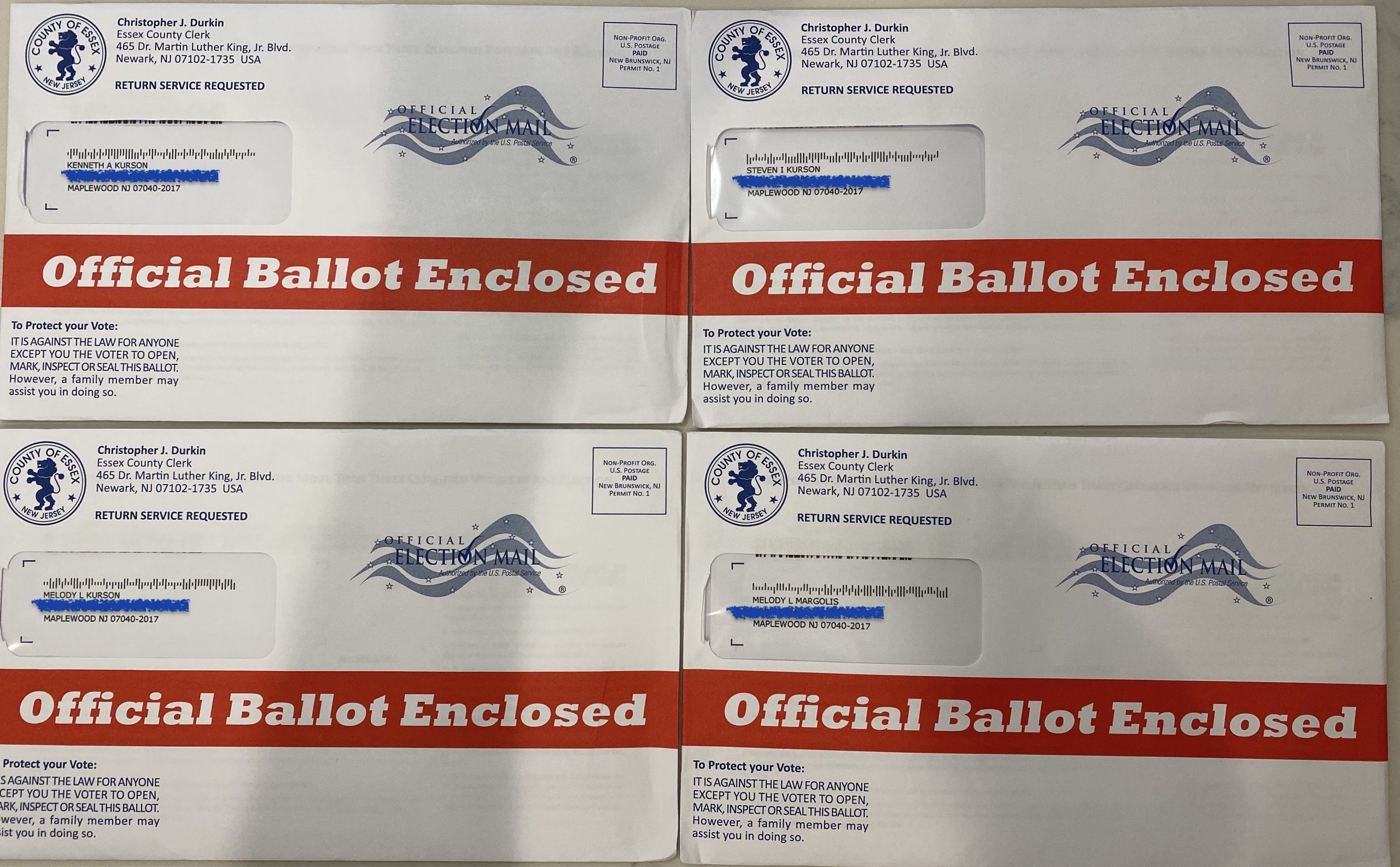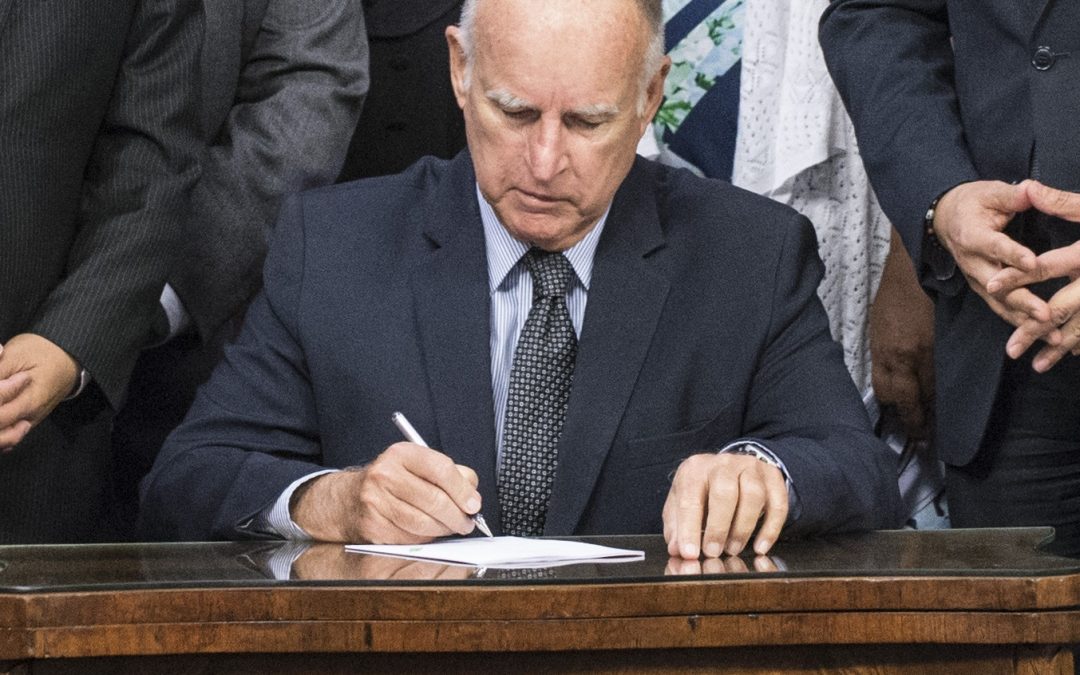
New York Times Claims ‘Without Any Evidence’ Without Any Evidence
Paper slams Trump with sciencey phrase as voter fraud claims get harder to dismiss
By Ken Kurson, August 21, 2020 2:12 pm

A strange thing unfolded in the pages of the New York Times yesterday. An article entitled “New Local Election Ordered in N.J. After Mail-In Voter Fraud Charges” contained the suggestion that President Trump has cast doubt on the reliability of mail-in voting “without any evidence.”
Here’s the whole sentence:
“With more voters than ever eligible to vote by mail because of the outbreak, Mr. Trump has repeatedly warned, without any evidence, that mail-in ballots would lead to widespread fraud and would call into question the results of the November election.”
The phrase that caught my eye was “without any evidence.” According to the Times story, “Nearly 20 percent of the mail-in ballots in a municipal election in Paterson were thrown out because of irregularities.” According to the Globe’s sister site, New Jersey Globe, “Alex Mendez, who finished the May 12 election 240 votes ahead” was criminally charged a few weeks later, and now longtime incumbent William McKoy will face off against his indicted challenger in a November re-do. New Jersey Globe reports “Mendez is accused of fraud in casting mail-in votes, unauthorized possession of ballots, tampering with public records, and falsifying or tampering with records. He was also charged with election fraud and false registration.”
So how does the Times conclude — in a story about a city-wide election in a populous state’s third-largest city being entirely invalidated by fraud specifically related to mail-in voting – that Trump’s concerns about mail-in voting are “without any evidence”? One has to wonder what exactly would count as evidence.
From the beginning of President Trump’s unlikely rise in American politics, The New York Times has struggled with how to characterize his rhetorical imprecision.
During the president’s 2016 campaign, Michael Barbaro pondered, “Is Lying Trump’s Strategy?” After Trump won, the paper assembled a remarkable collection of falshehoods, fibs, exaggerations, sarcasm and plain whoppers called “President Trump’s Lies, the Definitive List.”
Press play to hear a narrated version of this story, presented by AudioHopper.
They took things multimedia with a video entitled “The President Is Lying About Coronavirus” that showed the president contradicting his advisors. And of course the columnists weighed in. Charles Blow told us, “For Trump, Lying Is a Super Power” and Michael Tomasky tearfully wondered, “Why Does Trump Lie?” (How tempted do you suppose the headline writers were to title that treacly piece “Mommy, Why Does Trump Lie?”)
But almost all of this appears on the opinion page, where language is of course more opinionated. When it comes to the news pages, the Times has publicly wrestled with how to report what it views as the president’s addiction to mendacity. This “without any evidence” business seems to be newspeak for “lying.”
But is the Times right about there being “no evidence”?
Just as it’s become an article of faith among conservatives that voter fraud represents a massive threat to our democracy, liberals insist that our elections function flawlessly. Even with hastily assembled new rules governing pandemic voting in states that don’t usually rely on mail-in ballots. It’s not just the New York Times. A story in The New Republic this week dismisses Republican efforts aimed at “rooting out the nearly non-existent threat of voter fraud.” As with the Times, no back-up is provided to support the claim that the threat is “non-existent.” It’s just declared.
Since the Times is not sufficiently impressed with a whole city election being voided as “evidence,” we went to election experts for their opinion.
Election experts weigh in
Richard L. Hasen is a professor of law and political science at University of California-Irvine and author of Election Meltdown. Prof. Hasen is also a frequent contributor to the Times, including his op-ed this week, “Trump’s Relentless Attacks on Mail-In Ballots Are Part of a Larger Strategy.”
California Globe asked Prof. Hasen if a city’s election being thrown out ought to count as evidence.
“If you look across the country at election prosecutions,” Hasen told the Globe, “There is very little election crime, and most of the crime involving absentee ballots does not involve activities that would swing elections. Many don’t involve ballots at all—they involve applying for a ballot for someone else, etc. When they do involve ballots, they tend to be one-off events rather than conspiracies to swing an election. For example, California just announced a case against someone who voted his dead mother’s absentee ballot in three elections.”
The professor said that “The very low rates of fraud in the five states that use all-mail elections” demonstrate that clean elections are possible with mail-in ballots. We brought up how states that use all-mail elections had years to prepare for spotting and eliminating fraud. Hasen replied, “These kinds of conspiracies to be on a large enough scale to influence a presidential election would involve lots of people committing felonies and doing so in a way that voters would notice. Everyone will be on the lookout for fraud in the fall.”
Others aren’t so sure.
Steve Baric is the former vice chairman of the California Republican Party. “From 2002, I’ve run just about every Election Day operation. I’ve taught election law both for the Republican National Lawyers Association and for the equivalent in Orange Co. I’m one of three lawyers in the state who’s done an election contest in state trial.” So a partisan, yes, but a serious guy and a former prosecutor who knows what “evidence” is.
The Globe asked him, simply, “Suppose an entire election in a state’s third biggest city was disqualified, in 2020, specifically because of mail fraud. Would that count as ‘evidence’ of the potential for the possibility of fraud?”
“Yes. I would believe that is overwhelming evidence.”
This spring a Philadelphia judge of elections pleaded guilty to accepting bribes “to stuff the ballot box for Democratic candidates.” So it happens.
The Globe is not qualified to judge the seriousness of the threat to our nation’s election integrity. But it’s getting harder to justify this “without any evidence” line the New York Times has settled on for its denunciations of President Trump’s warnings.
Still not sure?
Well, I happen to have had my own personal taste of New Jersey election goofiness this Spring. My wife Melody is a new citizen; she voted in her first election in 2018. And my son Steve turned 18 in December. Without requesting any ballots, we were surprised when primary ballots showed up at our house. We were even more surprised to discover FOUR ballots for the three of us. One for me, one for Steve, and two for Melody.
The “evidence” is clear – democracy is messy.

- Democrats in Tied San Jose Congressional Election Try to Stop the Recount - April 19, 2024
- Anatomy of a Smear - March 21, 2024
- Reid Hoffman Channels Sam Bankman-Fried - January 9, 2024





The entire California vote is not going to be valid. I live here and I think the vote should be thrown out until voter fraud, ballot harvesting and corrupt election officials are jailed.
Amen!!!
First recall Newsom….
Then recall Becerra….
Then recall Padilla….
Republicans need their own “cancel,culture”….
Is notorious for ignoring voter fraud issues in New Jersey in 2013 Hoboken sew-in arrest of a developer who is buying mail-in votes he was later convicted and went to jail Hoboken this notorious for mail-in Broad and 1.1 candidate was actually buying votes with lottery tickets
Voter fraud does happen, but instances are statistically minuscule.